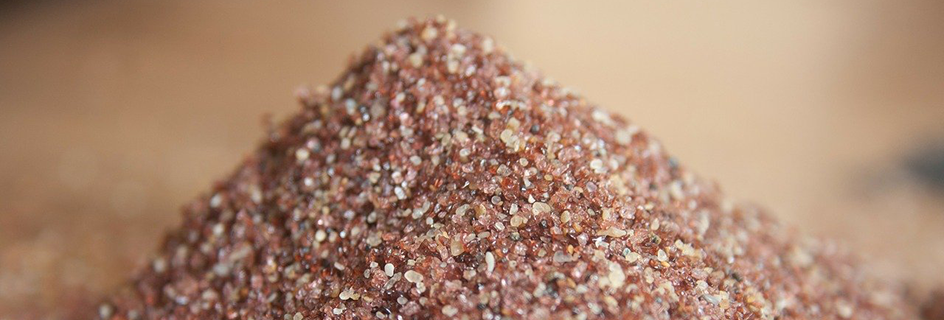Post date:
Professor Jin Ooi has been awarded a €4.1M grant from the European Commission for a new European Innovative Training Network (ITN) specialising in particle science for large-scale industrial applications.
The new ITN is called TUSAIL, which stands for ‘Training in Upscaling particle Systems: Advancing Industry across Length-scales’. It is the third large ITN led by Professor Ooi, following the successfully concluded PARDEM and T-MAPPP projects. It is also the first ITN to have a Scottish Gaelic word as an acronym (tùsail meaning ‘original’).
As project coordinator for TUSAIL, Professor Ooi will be joined by Dr Stefanos Papanicolopulos (Deputy Project Coordinator) and Dr Kevin Hanley, all from the Granular Mechanics and Industrial Infrastructure Group within the Institute for Infrastructure and Environment.
This highly collaborative project involves a large consortium of sixteen academic and industrial partners, including large companies such as Nestlé, Procter & Gamble, Johnson Matthey and BASF as well as smaller SMEs.
The challenge
TUSAIL will focus on particle systems – in other words, the ways in which individual particles interact with each other. Particle systems are commonplace both in industry and in our daily lives, from pharmaceuticals and bulk chemicals to agricultural products (rice, grains, flour) and formulated consumer goods (detergent powders, baby formula, instant coffee).
A major challenge in industry is dealing with the ‘multi-scale’ nature of particle systems; the behaviour of a large-scale industrial process ultimately depends on how individual particles interact with one another at tiny scales. Industrial surveys report that around 40% of industrial plant capacity is lost due to undesired and misunderstood particle phenomena.
In order to avoid such waste and inefficiency, scientists and engineers need to be able to accurately model how particles interact with each other at very small scales. At present, simulation methods struggle to meet this challenge.
Particle-scale modelling techniques provide a wealth of useful information, but only for relatively small numbers of particles, so cannot be used to design, control or optimise an industrial-scale process in a robust way. Modelling techniques which can be applied at large-scale lack an underpinning in the physics which govern interactions between particles.
Objectives
The overarching research goal of TUSAIL is to establish physics-based modelling, starting from characterising a small amount of a powder, to predicting the behaviour of large industrial unit operations and processes via reliable upscaling methodologies and tools, bridging the gap between micro-mechanics and the industrial scale.
Three complementary upscaling approaches will be developed based on:
- population balance modelling;
- coarse-grained meso-particle methods, and;
- coupling between discrete and continuum methods.
This research involves close cooperation between experimentalists and modellers, with experiments at various scales needed to fine-tune the simulation parameters and validate the newly developed upscaling methods.
Over the course of the four years of TUSAIL, 15 early-stage researchers will be trained to strengthen European research on upscaling industrial particle processes and meet industry’s requirements for highly skilled staff in this multidisciplinary field.
The reliable, validated simulation methodologies and tools developed in TUSAIL will be shared with industry, enabling quantitative predictions of large industrial processes which will be of value for design, operation and optimisation.
Find out more



